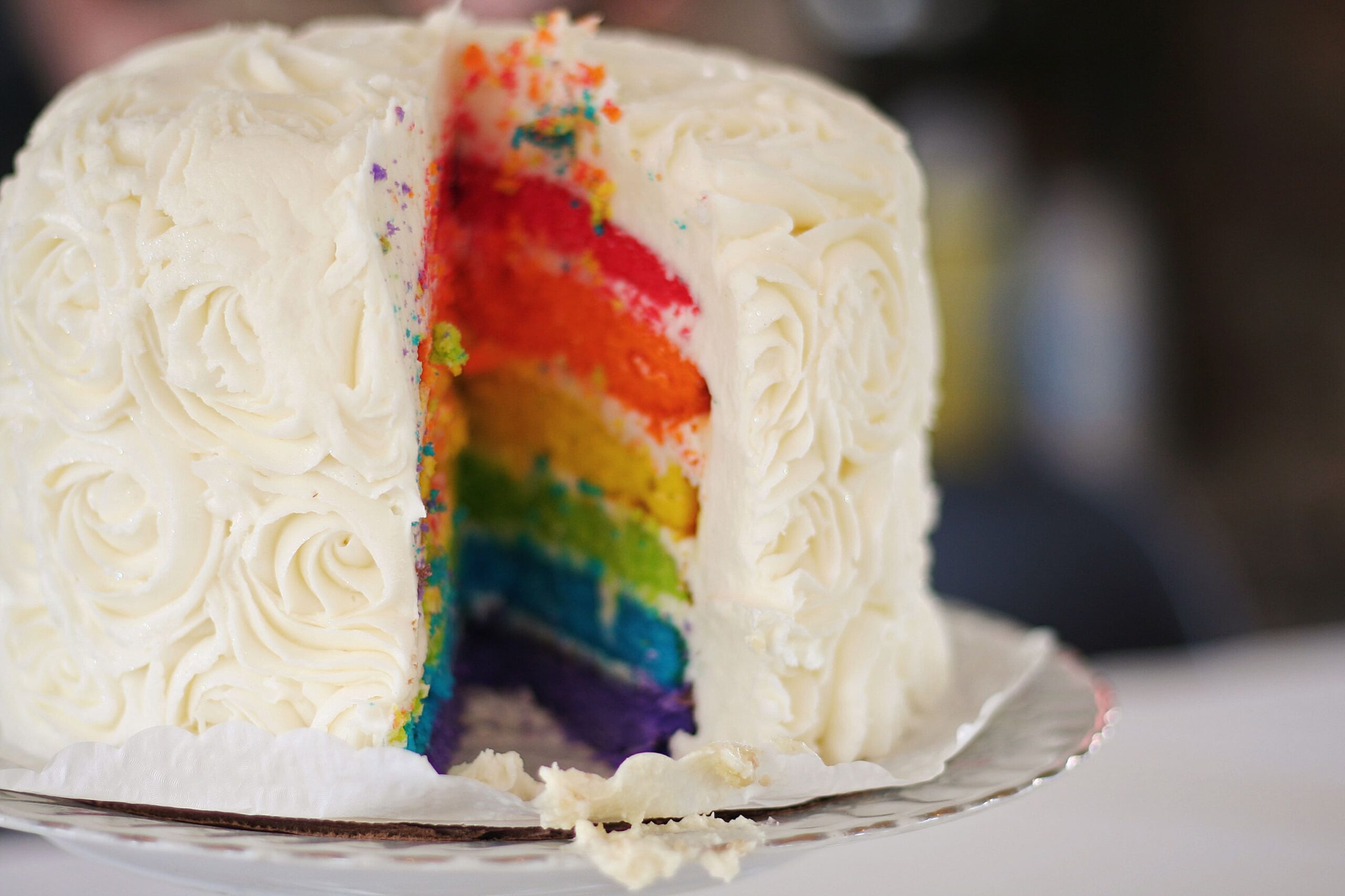Highly-Publicized U.S. Supreme Court LGBT Ruling Threads the Needle and Avoids Constitutional Questions
Reposted from the Labor & Employment Law Navigator Blog – Click Here to Subscribe
In a 7-2 decision yesterday, the U.S. Supreme Court issued a ruling in favor of a Colorado baker who refused to bake a custom wedding cake for a same-sex couple based on his devout Christian beliefs. Masterpiece Cakeshop, Ltd. v. Colorado Civil Rights Commission, No. 16-111 (June 4, 2018). Although the case received heightened media coverage because of potential equal protection and public accommodation repercussions, the Court’s decision largely avoided the constitutional question of whether the First Amendment’s free exercise and free expression clauses protected the baker’s right to deny services to same-sex couples. The majority (comprised of Justices Roberts, Kennedy, Breyer, Alito, Kagan and Gorsuch) focused, instead, on the Colorado Civil Rights Commission’s failure to provide the baker with religious neutrality and due process during its adjudication process.
The dispute began when Charlie Craig and David Mullins, a same-sex couple, came into Jack Phillips’ cake shop with Craig’s mother Deb to order a wedding cake. Phillips refused to create a custom cake for the couple, citing his religious beliefs. The couple filed a Complaint with the Colorado Civil Rights Commission, which concluded that Phillips violated the Colorado Anti-Discrimination Act and that the First Amended did not permit Phillips to refuse his services to the couple. Phillips argued that the Commissions’ decision, as well as the subsequent state court Order affirming the ruling, violated Phillips’ First Amendment protections.
Justine Kennedy, once again a critical voice and vote in what could have been a politically fractured outcome, wrote for the majority, focusing largely on the religious bias demonstrated by the Commission against Phillips: “The Commission’s hostility was inconsistent with the First Amendment’s guarantee that our laws be applied in a manner that is neutral toward religions. Phillips was entitled to a neutral decision-maker who would give full and fair consideration to his religious objection as he sought to assert it in all of the circumstances in which this case was presented, considered, and decided.” Justice Kennedy also reiterated, however, that “Our society has come to the recognition that gay persons and gay couples cannot be treated as social outcasts or as inferior in dignity and worth. For that reason the laws and the Constitution can, and in some instances must, protect them in the exercise of their civil rights. The exercise of their freedom on terms equal to others must be given great weight and respect by the courts.” The Court underscored the delicate and balanced approach that must be taken by future courts in deciding these core constitutional questions: “The outcome of cases like this in other circumstances must await further elaboration in the courts, all in the context of recognizing that these disputes must be resolved with tolerance, without undue disrespect to sincere religious beliefs, and without subjecting gay persons to indignities when they seek goods and services in an open market.”
The takeaway for employers, whether places of public accommodation or not, is that non-discrimination obligations remain intact after this decision.


